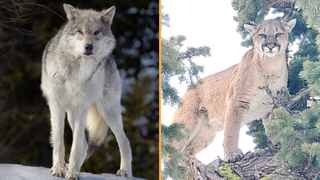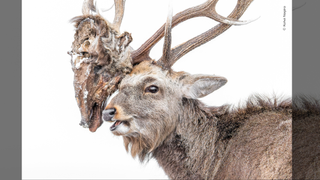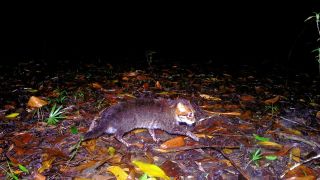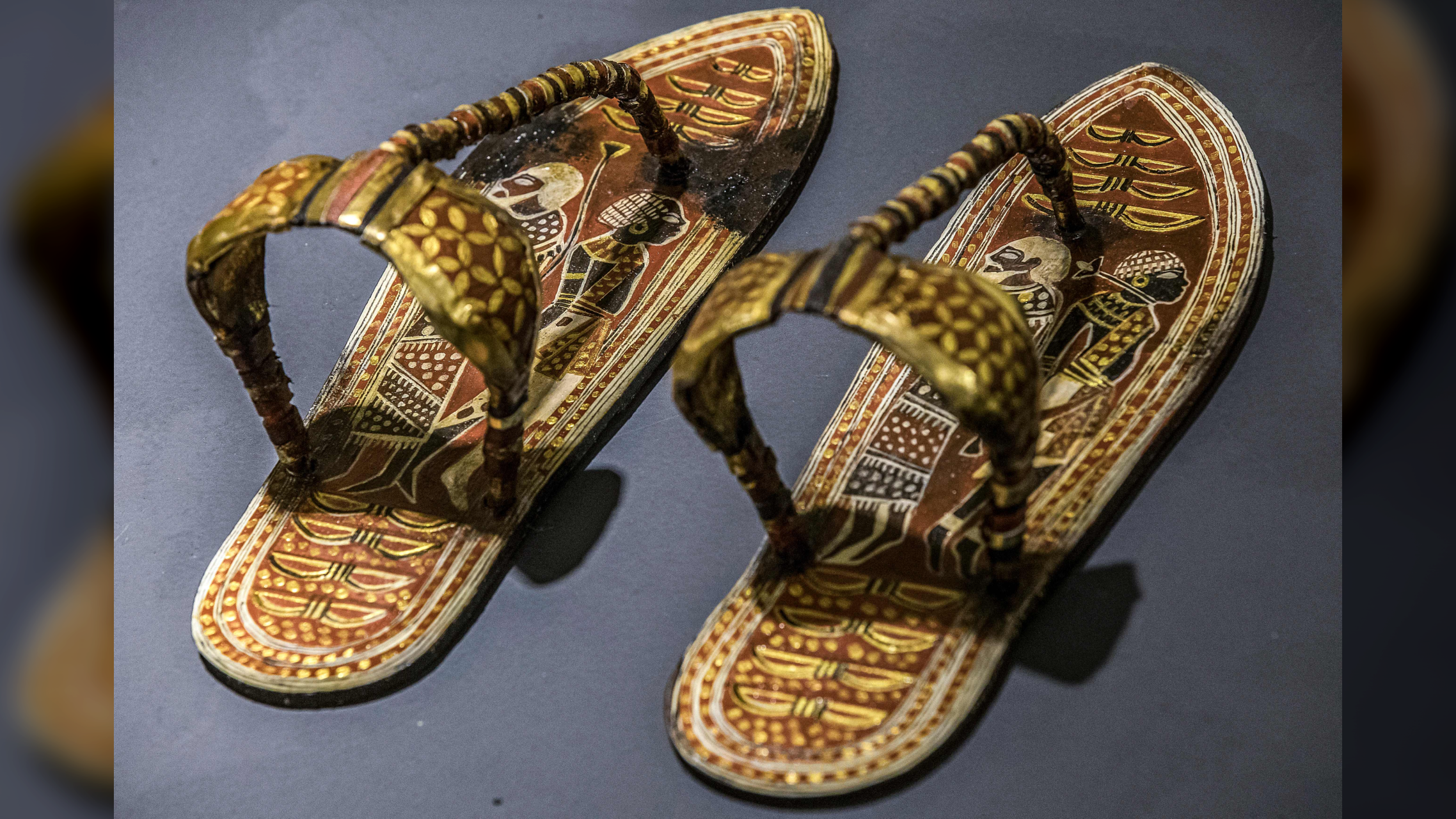Animal news, feature and articles
Explore Animals
Editor's Picks
Latest about Animals
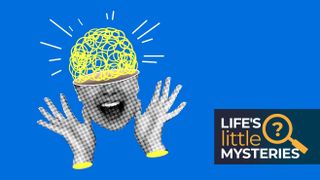
50 mind-blowing science facts about our incredible world
By Laura Geggel published
Life's Little Mysteries If you're looking for weird facts about animals, gross human body facts or just something a bit random, get ready to geek out with these fascinating bits of trivia.

T. rex quiz: How much do you really know about the king of the dinosaurs?
By Chris Simms published
Almost everyone has heard of Tyrannosaurus rex, but how much do you actually know about this iconic dinosaur predator? Take our quiz to find out.
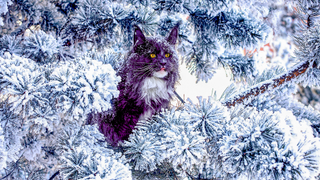
Did any cat breeds develop naturally?
By Katherine Irving published
Humans have undoubtedly bred cats to create certain breeds, but did any of these feline breeds emerge naturally?

Giant 'cow of the Cretaceous' discovered almost 100 years ago identified as new duck-billed dinosaur
By Skyler Ware published
The dino lived during the Late Cretaceous alongside other hadrosaurids in present-day New Mexico.
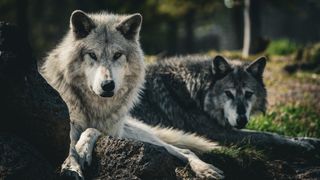
Did reintroducing Wolves to Yellowstone really cause an ecological cascade?
By Olivia Ferrari published
Previous research on the effect of wolves on the food web has been criticized, raising questions about the predator’s role in the Yellowstone ecosystem.
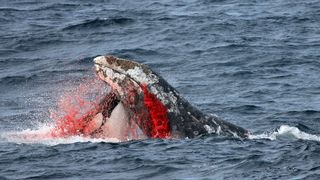
Orcas are adopting terrifying new behaviors. Are they getting smarter?
By Sascha Pare published
From sinking boats and feasting on shark livers to dining on whale tongue and tossing porpoises around for fun, orcas are displaying some fascinating — and sometimes terrifying — behaviors.
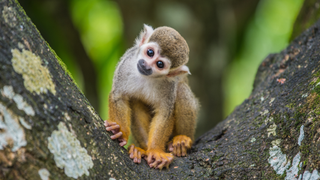
Primates Quiz: Go ape and test your knowledge on our closest relatives
By Sophie Berdugo published
Time to stop monkeying around — just don't go bananas if you get the wrong answer!
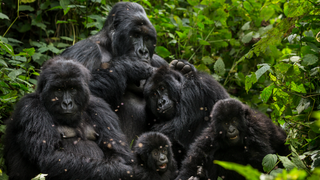
Science history: Dian Fossey found murdered, after decades protecting gorillas that she loved — Dec. 27, 1985
By Tia Ghose published
Dian Fossey was a zoologist who spent decades studying the elusive mountain gorillas of Congo and Rwanda before she was murdered.

Spinosaurus relative longer than a pickup truck stalked Thailand's rivers 125 million years ago
By Patrick Pester published
A large fish-eating dinosaur died beside a river 125 million years ago in Cretaceous Thailand. Now, the remains of this ancient predator are helping researchers better understand Asia's enigmatic spinosaurids.
Get the world’s most fascinating discoveries delivered straight to your inbox.
 Live Science Plus
Live Science Plus











